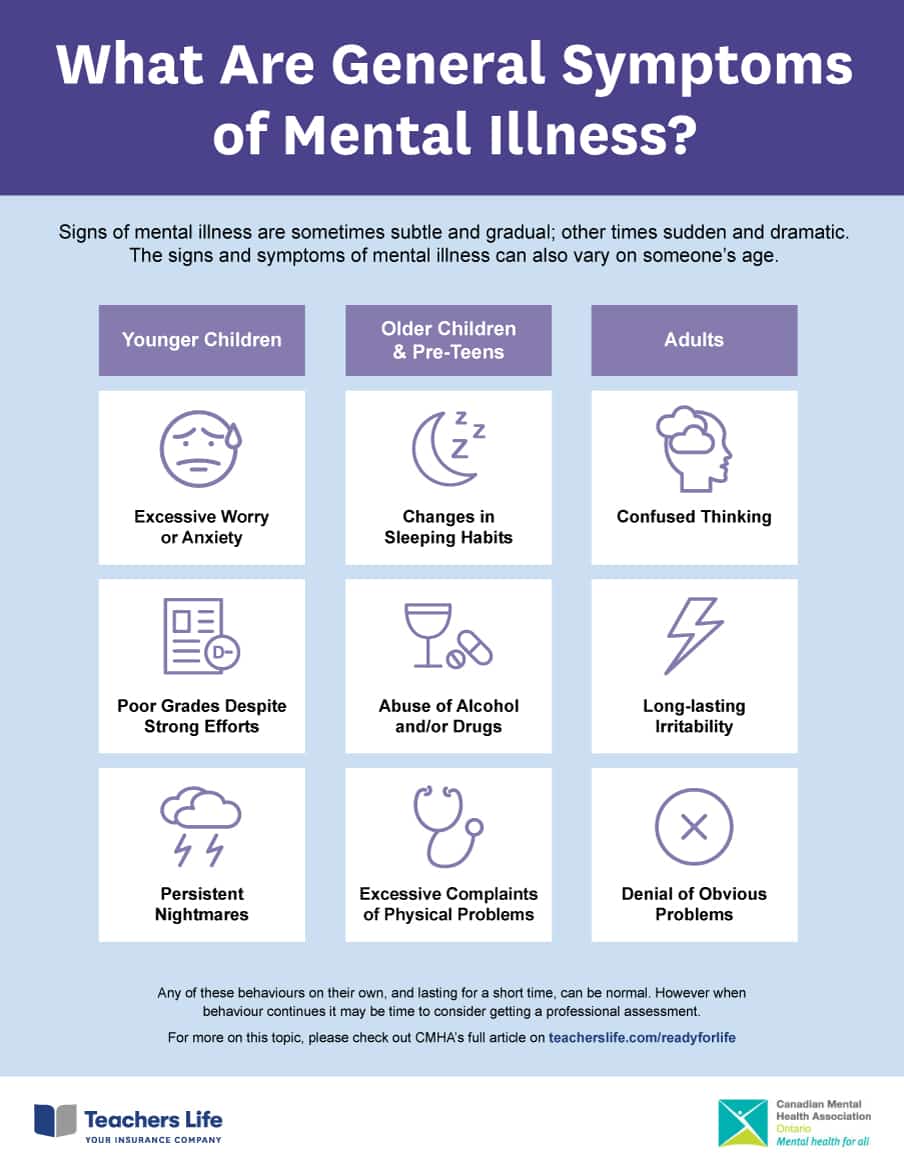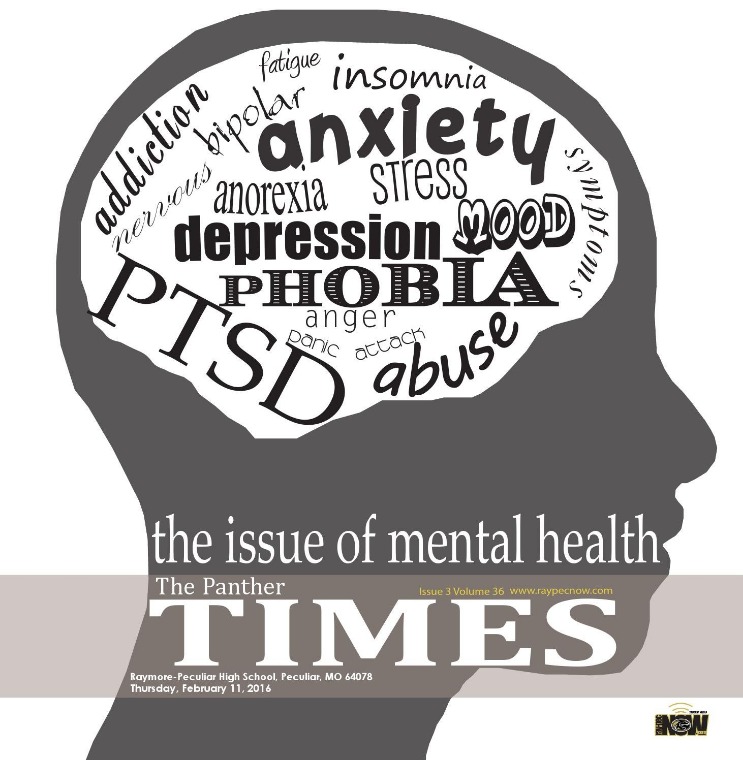In today’s fast-paced world, mental health has become a crucial topic of conversation. Among the various therapeutic methods available, CBT stands out for its effectiveness and evidence-based approach. Short for Cognitive Behavioural Therapy, this form of psychotherapy focuses on changing unhelpful thought patterns and behaviors, leading to improved mental well-being.
Understanding the Basics of CBT
Cognitive Behavioural Therapy is founded on the idea that our thoughts, feelings, and behaviors are interconnected. Negative thought patterns can lead to emotional distress and maladaptive behaviors. By identifying and altering these patterns, CBT helps individuals develop healthier ways of thinking.
The Core Principles of CBT
One of the key principles of Cognitive Behavioural Therapy is that our thoughts influence our emotions and behaviors. Therefore, if we change the way we think, we can change how we feel and act. CBT employs various techniques to achieve this:
- Cognitive restructuring: Identifying and challenging irrational or harmful thoughts.
- Behavioral activation: Increasing engagement in enjoyable or meaningful activities to combat depression.
- Exposure therapy: Gradual exposure to feared situations to reduce anxiety.
Applications of CBT
The versatility of CBT makes it applicable to a wide range of mental health conditions, including:
- Anxiety disorders
- Depression
- Post-traumatic stress disorder (PTSD)
- Obsessive-compulsive disorder (OCD)
- Phobias
Additionally, Cognitive Behavioural Therapy has been shown to be effective in helping individuals cope with stress, grief, and relationship issues.
Effectiveness of CBT
Numerous studies have demonstrated the effectiveness of Cognitive Behavioural Therapy. One of its major strengths is its empirical support. For example, research indicates that CBT is as effective as medication for treating depression and anxiety, and in some cases, even more so. Furthermore, CBT equips individuals with long-term coping skills, reducing the likelihood of relapse.
Read more about CBT here.
Accessibility and Format
One of the appealing aspects of CBT is its accessibility. This therapy can be administered in various formats including individual sessions, group therapy, and even self-help books or online programs. The structured nature of Cognitive Behavioural Therapy makes it suitable for short-term treatment, typically lasting between 12 to 20 weeks, though this can vary depending on the individual and the issue being addressed.
What to Expect in a CBT Session
A typical session involves working closely with a therapist to identify and understand your thought patterns. The therapist will guide you through exercises to challenge these thoughts and develop healthier patterns. Homework assignments such as journaling or practicing new skills are commonly given to reinforce learning between sessions.
Conclusion
Cognitive Behavioural Therapy offers a robust framework for understanding and changing maladaptive thoughts and behaviors. Its evidence-based approach, versatility, and effectiveness make it a valuable option for anyone seeking to improve their mental health. Whether dealing with anxiety, depression, or other mental health issues, Cognitive Behavioural Therapy can provide significant, lasting benefits.



